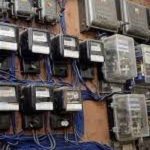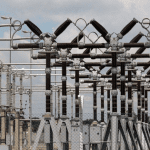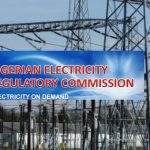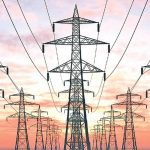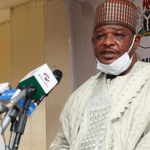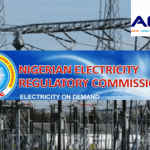Chairman of the Nigeria Electricity Regulatory Commission (NERC), Sanusi Garba, says government will have to pay N3.2 trillion as subsidy for the electricity sector in 2024 if the recent increase in tariffs is reversed.
At a meeting with the House Committee on Power, the regulatory agency insists the current investments in the sector are not enough to guarantee steady power supply.
Constant electricity remains a mirage in Nigeria despite the many efforts by the government.
Government says vandalism remains a major problem hindering its efforts.
Non payment of subsidy and gas supply have also contributed to the challenges in the sector.
In this year alone, the national power grid has collapsed more than five times as Nigerians continue to bear the pains of constant darkness.
Worse still, those on post paid meters say they pay for services not rendered.
The recent hike in electricity tariffs and the grading of consumers by distribution companies is still a talking point.
This fact finding session is to enable the parliament, as the voice of the masses, better understand the recent decision of the government to raise tariffs.
The regulatory commission briefs the legislators on the state of power in the country.
It says if nothing concrete is done to address issues including foreign exchange fluctuation and non payment for gas, the sector will be heading for doom.
The Commission says prior to the recent review in tariffs, distribution companies were only obligated to pay 10 per cent of their energy invoice.
It concludes lack of cash backing is creating a liquidity challenge in the sector as it justifies the recent hike in tariffs
The Commission says only N185 billion of the N645 billion subsidy in 2023 has been cash backed, leaving a funding gap of N459.5 billion
At the end of the meeting, the Committee said it is work in progress as it hopes to host the Transmission Company of Nigeria and Generation Companies next week.
The parliament says its interest is basically in the time line for improvement in service delivery since electricity is capable of addressing the nation’s security and economic challenges.



